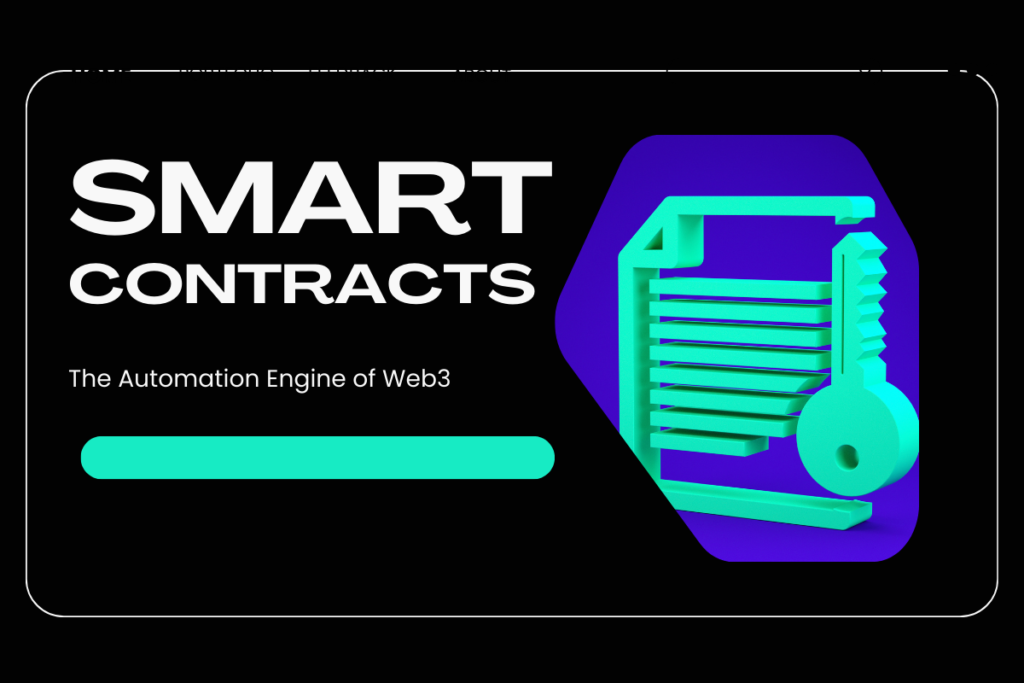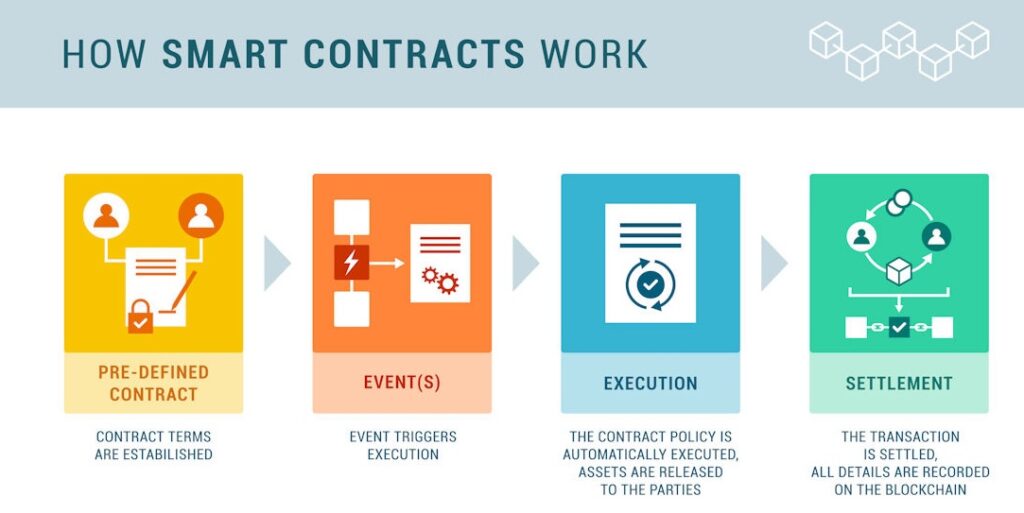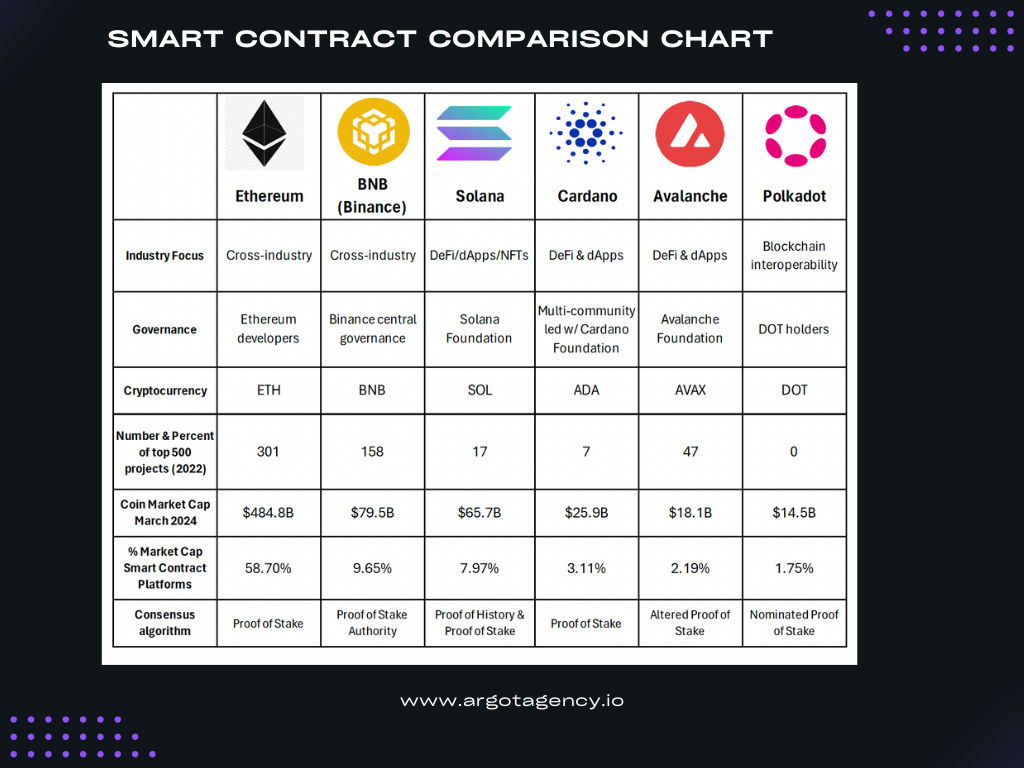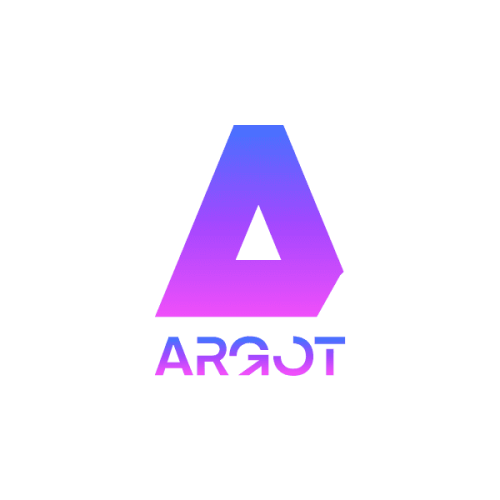
Smart contracts represent the backbone of the web3 ecosystem, offering an innovative approach for automating contractual dealings without the need for intermediaries. This article delves into smart contracts by exploring their definition, functionality, benefits, challenges, and their critical role in the burgeoning web3 space. By providing a detailed overview, we aim to demystify the concept of smart contracts for both beginners and seasoned enthusiasts in the blockchain community.
Definition of Smart Contracts & A Brief History
Smart contracts are self-executing contracts with the terms of the agreement directly written into lines of code. They automatically enforce and execute the terms of a contract when predetermined conditions are met. This revolutionary concept extends the functionality of the blockchain by enabling more complex, automated interactions beyond simple cryptocurrency transactions. The concept of smart contracts was first proposed by cryptographer Nick Szabo in 1994, long before the advent of blockchain technology. However, it wasn’t until the emergence of blockchain platforms like Ethereum in 2015 that smart contracts became a practical reality.
How Do Smart Contracts Work?
The Mechanics of Smart Contracts
The mechanics of smart contracts involve the creation, deployment, and execution phases. These digital contracts are written in programming languages that blockchain platforms can interpret. Once deployed on the blockchain, they operate autonomously, executing predefined actions when certain conditions are met, without the need for human intervention. As you see from the graphic below, the smart contract process is mostly straightforward: establish terms, a trigger event and verification, execution of the terms, and finally the transaction is settled and recorded to the blockchain. It’s almost easy peezy lemon squeezy…almost.

The Role of Blockchain in Smart Contracts
Blockchain technology is crucial for the operation of smart contracts, providing a decentralized and tamper-proof environment. This ensures that once a smart contract is deployed, it cannot be altered, and its execution is transparent and immutable. The decentralized nature of blockchain eliminates the need for trusted third parties, thereby reducing the potential for disputes and fraud.
The Benefits of Smart Contracts
Transparency & Trust
- Smart contracts offer unparalleled transparency by making every transaction and its outcome visible and verifiable by all parties involved. This fosters trust among participants, as the immutable nature of blockchain ensures that the contract will execute exactly as written.
Efficiency & Speed
- By automating contract execution, smart contracts significantly reduce the time and effort required to process agreements and transactions. This leads to increased efficiency and speed, especially in industries that traditionally rely on lengthy manual processes.
Security
- The cryptographic security measures inherent in blockchain technology make smart contracts extremely secure. They are highly resistant to tampering and fraud, providing a safer environment for executing contractual agreements.
Cost Reduction
- Smart contracts eliminate the need for intermediaries such as lawyers and brokers, leading to substantial cost savings in contract execution and enforcement. This democratizes access to secure and efficient contract management for businesses and individuals alike.
Smart Contract Platforms
Ethereum
Ethereum stands as the trailblazer for smart contracts, having introduced a robust platform that supports a wide array of decentralized applications (dApps) and autonomous contracts. It utilizes Solidity, a programming language designed specifically for developing smart contracts that facilitate, verify, or enforce the negotiation or performance of a contract. Ethereum’s Virtual Machine (EVM) enables the execution of code exactly as intended, free from third-party interference. Despite its pioneering status and broad adoption, Ethereum faces challenges related to scalability and high gas fees, especially during peak usage times. Efforts such as Ethereum 2.0 aim to address these issues through a transition to a proof-of-stake consensus mechanism and the introduction of shard chains to increase network capacity and reduce transaction costs.
Other Platforms (Cardano, Solana, Polkadot)
In response to the limitations observed in Ethereum, several alternative platforms have emerged, each with its unique features and optimizations geared towards improved scalability, efficiency, and user experience:
- Cardano positions itself as a more environmentally sustainable option, employing a proof-of-stake consensus mechanism called Ouroboros. This platform focuses on providing a more secure and scalable infrastructure for developing smart contracts and dApps. Cardano distinguishes itself with a research-driven approach, emphasizing peer-reviewed development to ensure reliability and robustness.
- Solana is renowned for its impressive transaction speeds and low transaction costs, attributed to its unique consensus mechanism known as Proof of History (PoH) combined with Proof of Stake (PoS). This design allows for high throughput and efficiency, making Solana an attractive platform for developers looking to build scalable applications without the constraints of network congestion and high fees.
- Polkadot introduces a novel concept of a multi-chain network, aiming to enable different blockchains to communicate and share information securely. Its design focuses on interoperability and scalability, allowing for the creation of custom blockchains (parachains) that can connect to the main Polkadot network. This ecosystem facilitates the seamless transfer of data and assets across diverse blockchains, promoting a more interconnected and efficient web3 environment.
Comparing Smart Contract Platforms
When comparing these platforms, several factors come into play, including consensus mechanisms, transaction throughput, programming languages, and developer ecosystem support:
- Consensus Mechanisms: Ethereum’s current proof-of-work (transitioning to proof-of-stake with Ethereum 2.0), Cardano’s Ouroboros, Solana’s Proof of History, and Polkadot’s Nominated Proof of Stake (NPoS) each offer different approaches to achieving network consensus and security, impacting energy consumption, scalability, and transaction speed.
- Transaction Throughput and Fees: Solana boasts high throughput and low fees, making it ideal for applications requiring rapid transaction processing. Ethereum, while versatile and widely adopted, struggles with network congestion and variable fees. Cardano and Polkadot offer balanced alternatives, focusing on efficiency and interoperability to support a broad range of applications.
- Programming Languages and Developer Support: Ethereum’s Solidity is widely used, with a large developer community and extensive resources. Cardano uses Haskell for smart contract development, appealing to a niche segment of developers focused on security and formal verification. Solana’s use of Rust offers performance efficiency, attracting developers interested in building high-speed applications. Polkadot’s Substrate framework provides flexibility in creating custom blockchains, appealing to developers looking for interoperable solutions.

Each platform has its strengths and trade-offs, making them suitable for different use cases. The choice of platform depends on the specific requirements of the project, including speed, security, cost, and the need for interoperability among blockchains. As the landscape of smart contract platforms evolves, we can expect ongoing innovations to address current limitations and expand the possibilities of what can be built on blockchain technology.
Use Cases For Smart Contracts
DeFi
Decentralized finance (DeFi) has emerged as a groundbreaking application for smart contracts, enabling automated financial services such as lending, borrowing, and trading without traditional financial intermediaries. Smart contracts have been used to validate compliance and know-your-customer (KYC) rules, analyze and report on investment data, and even manage automated derivative transactions used to manage financial risk.
Supply Chain Management
Smart contracts revolutionize supply chain management by offering real-time, transparent tracking of goods and automatic execution of contracts based on verifiable conditions. This significantly enhances efficiency, reduces disputes, and improves trust among supply chain participants.
Digital Identity
Smart contracts facilitate the creation of secure and interoperable digital identities, allowing individuals and entities to control their personal data. This application has profound implications for privacy, access to services, and online verification processes.
Real Estate
In the real estate sector, smart contracts streamline property transactions by automating the execution of agreements, payment, and record-keeping. This reduces the need for physical paperwork and speeds up the transaction process, making it more efficient and less prone to errors.
Emerging Use Cases
Smart contracts are finding new applications across various industries, including healthcare, intellectual property, and voting systems. As the technology matures, it’s expected that smart contracts will enable a wide range of innovative services and business models, further expanding their impact.
Challenges For Smart Contracts
Security Vulnerabilities
Despite their advantages, smart contracts are not immune to security vulnerabilities. Bugs in contract code can lead to significant losses, as seen in various high-profile incidents. Continuous efforts in security research and development are crucial to mitigating these risks.
Scalability
Scalability remains a significant challenge for smart contracts, especially on platforms like Ethereum, where high demand can lead to network congestion and increased transaction fees. Solutions such as layer 2 scaling, sharding, and alternative blockchain platforms are being explored to address this issue.
Regulatory & Legal Implications
The legal and regulatory landscape for smart contracts is still evolving. Challenges include determining the legal status of smart contracts, compliance with existing laws, and how to resolve disputes arising from smart contract transactions. These issues require careful consideration and collaboration between technologists and legal experts.
The Future Of Smart Contracts
Innovations and Trends
The future of smart contracts is poised to redefine interactions and transactions across various sectors, driven by advancements in blockchain technology and a growing recognition of their potential to automate and secure digital agreements. Smart contracts are set to go beyond their current applications in finance and legal agreements, branching into areas like real estate, healthcare, supply chain management, and even governance. For instance, in real estate, smart contracts could automate property sales, securely transferring ownership titles and funds only when predefined conditions are met, thereby significantly reducing fraud, errors, and the time taken for transactions. In healthcare, smart contracts might manage patient consent forms and automate insurance claims, ensuring data privacy and streamlining payment processes based on treatment outcomes or milestones.
Emerging trends also indicate the integration of smart contracts with other cutting-edge technologies such as artificial intelligence (AI) and the Internet of Things (IoT). AI could enhance smart contracts by enabling more complex decision-making processes, allowing them to execute based on predictive models or adaptive learning from external data inputs. For example, an AI-enhanced smart contract could dynamically adjust insurance premiums based on real-time data analysis of an individual’s health metrics. Meanwhile, IoT devices could trigger smart contracts automatically in supply chain management, verifying the condition and location of goods without human intervention and releasing payments as goods move through various checkpoints. These innovations are set to make smart contracts more versatile, responsive, and applicable in day-to-day activities, further embedding blockchain technology into the fabric of our digital lives.
Role Smart Contracts Will Play In Advancing Web3 Ecosystems
Smart contracts are set to play a pivotal role in advancing the web3 ecosystem, providing the foundational layer for decentralized applications and services. By enabling trustless, automated interactions, smart contracts pave the way for a more decentralized, transparent, and efficient digital world. As the technology continues to evolve, its impact on various sectors and the broader economy is expected to grow, marking a significant shift in how we understand and engage with digital agreements.
Final Thoughts
Smart contracts stand as a pivotal innovation in the digital landscape, reshaping how we approach contracts and agreements within the digital sphere. From automating transactions to enforcing agreements with impeccable precision, these self-executing contracts harness the power of blockchain technology to offer a higher level of security and efficiency. For businesses aiming to stay ahead in SEO, integrating smart contracts can streamline processes, foster trust with users, and potentially improve search engine rankings by signaling to both users and search engines that the site is at the technological forefront. As the digital economy continues to evolve, embracing smart contracts is no longer just an option for cutting-edge businesses—it’s becoming an imperative step to ensure competitiveness and reliability in an increasingly tech-savvy marketplace.
